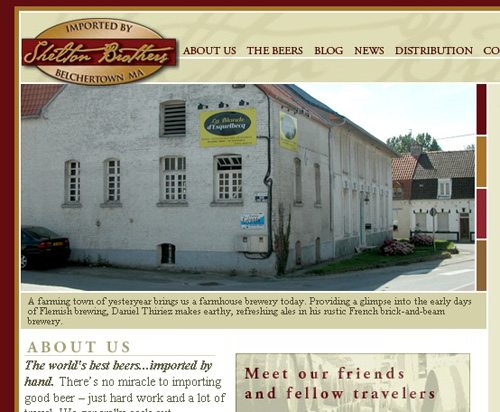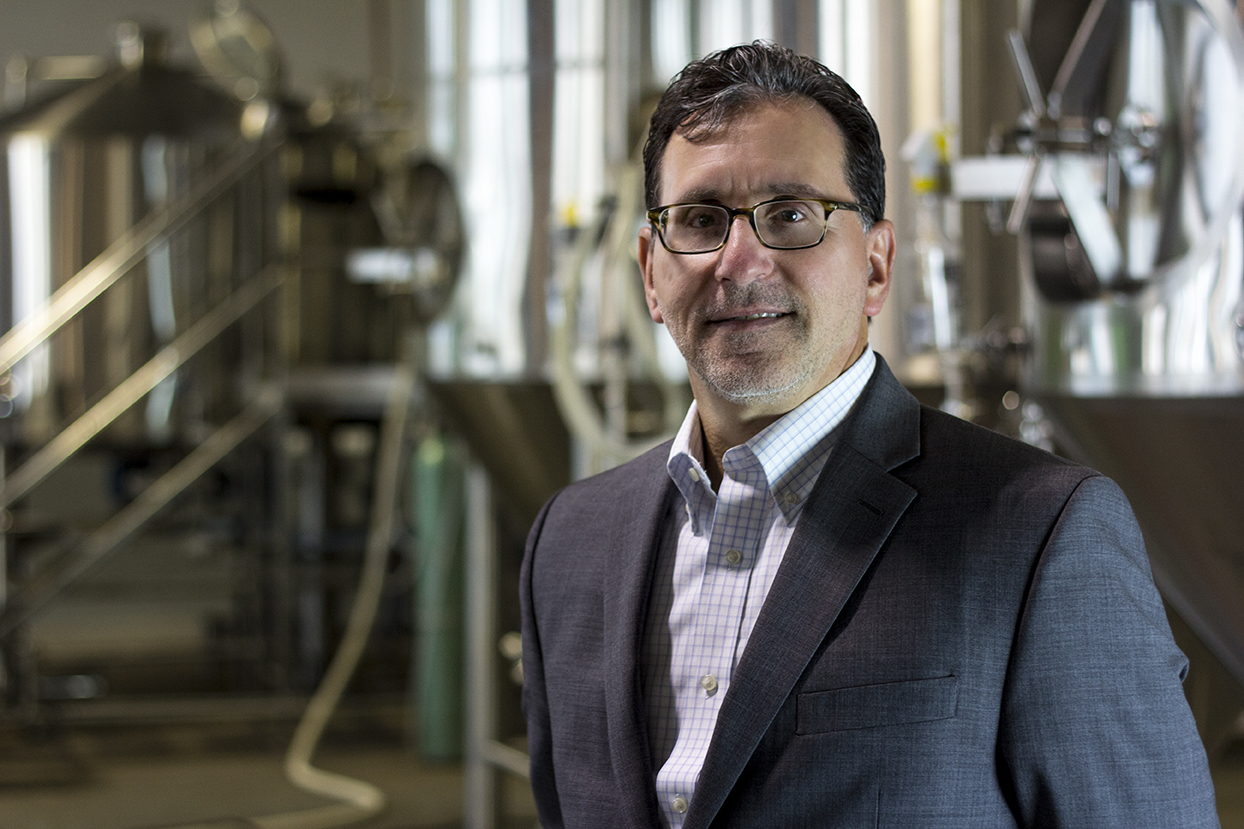
It is likely that all beer, wine and spirits labels will change dramatically in the near future. TTB has been working on new rules since CSPI and other groups submitted a petition in 2003. The new rules would require a “Serving Facts” panel on every container. This panel would include a lot more information, such as the typical serving size, number of servings per container, calories, carbohydrates, protein and fat. Because this is a big, controversial change, TTB has received more than 18,000 public comments during the past few years. There are far too many comments for most people to review, and so we will highlight and summarize the most noteworthy comments here. The most recent proposal and comments are here. This is comment 11 in a series; to see others, click on the “serving facts” tag below.
Shelton Brothers is a specialty beer importer with a focus on small batch, hand-crafted beers from around the world. Shelton’s 13-page comment strayed a bit from time to time and said:
- Beer accounts for 51% of alcohol beverage sales.
- TTB has wide authority to require various label statements, but constrained authority to prohibit statements. “TTB does not have the authority to restrict protected speech that does not mislead consumers [and if this rule is finalized] no language relating to alcoholic content or nutritional value could reasonably mislead a consumer because such information would be displayed in a uniform manner on all labels.”
- If TTB does not recognize this, lawsuits and a dismantling of TTB’s regulatory system may ensue. “TTB has implemented a regime which is far more extensive than necessary to serve the government’s interest in preventing consumer deception and unlawfully intrudes upon protected speech.”
- TTB has flipped the Federal Alcohol Administration Act on its head. It was designed to require certain disclosures but TTB has “twisted and extended” it to prohibit speech. For example, TTB blocked a Shelton label’s reference to “the big one.” Shelton says it was a reference to popularity and TTB claimed it touted the strength of the beer. Because the rule would require a clear alcohol content disclosure, “there is no chance that the phrase could mislead consumers about the alcoholic content of the beverage.”
- Brewers “should be required to list all ingredients in their products” and should also be free to disclose what is not in their products (for example, “gluten-free” should be allowed if true).
Is Shelton Brothers right?



Shelton Brothers notes that the First Amendment commercial speech doctrine (Central Hudson) seems to prohibit the restriction of non-misleading truthful statements on labels and that for TTB to restrict such speech is probably unconstitutional.
Unfortunately, most label applicants are repeat players with the agency who are unlikely to bring a square Central Hudson challenge for fear of poor treatment in the future.